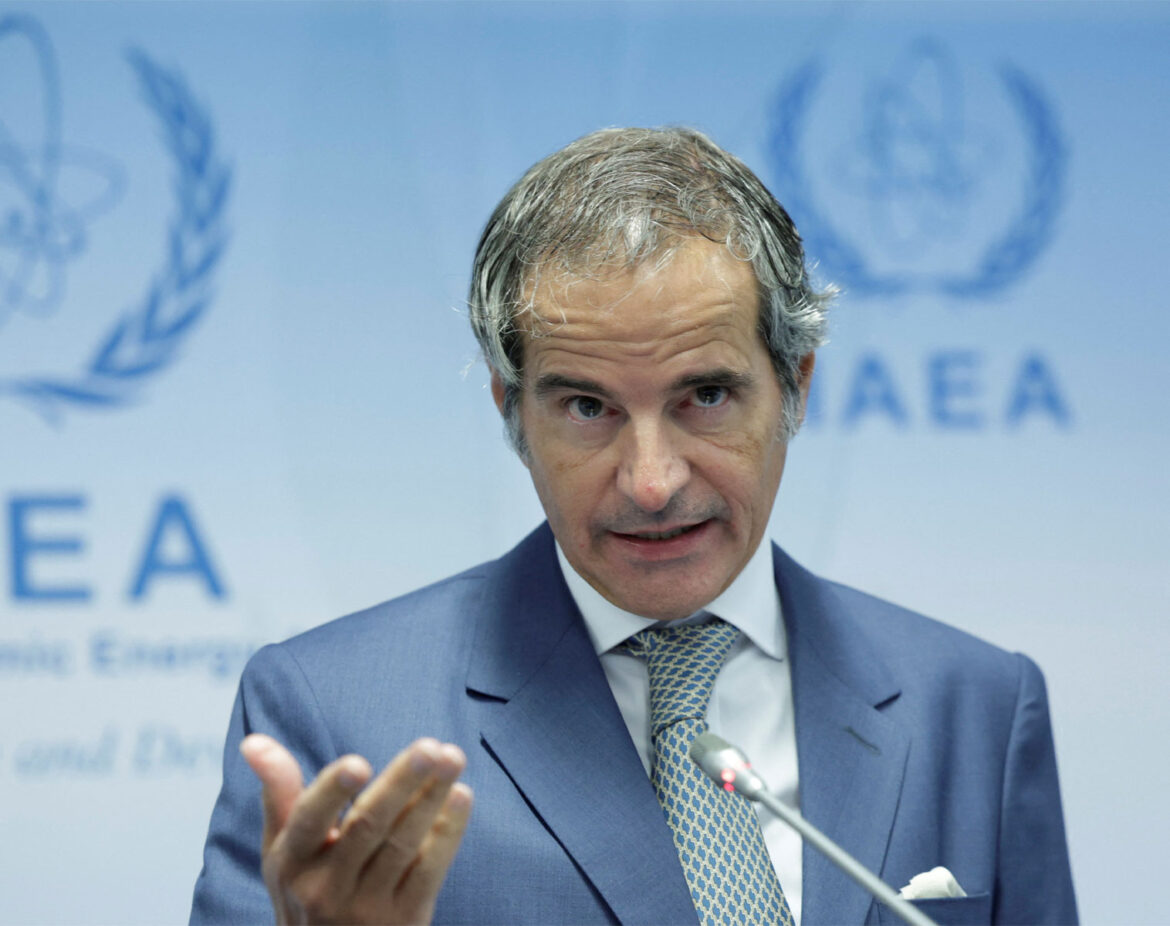The Director-General of the International Atomic Energy Agency (IAEA), Rafael Grossi, is set to visit Iran this week for talks with senior officials, Iranian state media confirmed on Sunday. Grossi will arrive in Iran on Wednesday at the official invitation of the Islamic Republic, with official meetings scheduled for Thursday, according to the IRNA news agency.
This visit marks Grossi’s second trip to Iran this year. During his last visit in May, he emphasized the need for “concrete” measures to strengthen cooperation on Iran’s nuclear program, especially in light of the country’s nuclear activities at the Natanz uranium enrichment plant in Isfahan province.
Grossi’s upcoming visit comes on the heels of Donald Trump’s victory in the US presidential election. During his first term in office, Trump unilaterally withdrew the United States from the 2015 nuclear deal, formally known as the Joint Comprehensive Plan of Action (JCPOA). The agreement had aimed to limit Iran’s nuclear program in exchange for sanctions relief. Despite mediation efforts by the European Union, the US has not rejoined the deal, and Tehran has scaled back its nuclear commitments in response.
Tensions between Iran and the IAEA have escalated, with the agency raising concerns over Iran’s compliance with the accord. In recent months, Iran has significantly ramped up its uranium enrichment levels, with reports indicating that the country is now enriching uranium to 60% purity, far beyond the 3.5% limit set by the JCPOA.
Iran’s newly-appointed President Masoud Pezeshkian, who took office in July, has voiced support for reviving the nuclear deal, aiming to end the country’s international isolation. Meanwhile, US President Donald Trump has stated that while he is not seeking to harm Iran, the country “cannot have a nuclear weapon.”
Iran has consistently denied allegations that its nuclear program is aimed at developing weapons, maintaining that its activities are peaceful in nature.
In a statement on Saturday, Iranian Vice President Mohammad Javad Zarif urged President Trump to reassess his “maximum pressure” policy, which has led to a sharp increase in Iran’s uranium enrichment levels. Zarif criticized the sanctions imposed by the US, which have further strained relations between Tehran and Washington.
The visit of Grossi is expected to be a key moment in the ongoing diplomatic efforts surrounding Iran’s nuclear program, as both sides continue to navigate the complex and fraught issue of nuclear non-proliferation.



